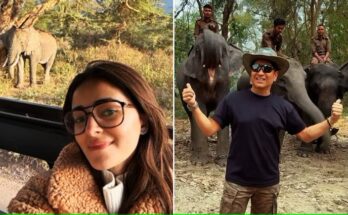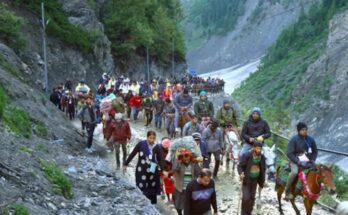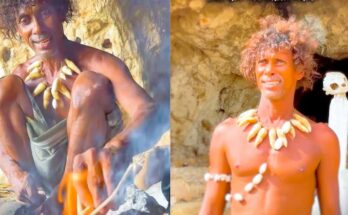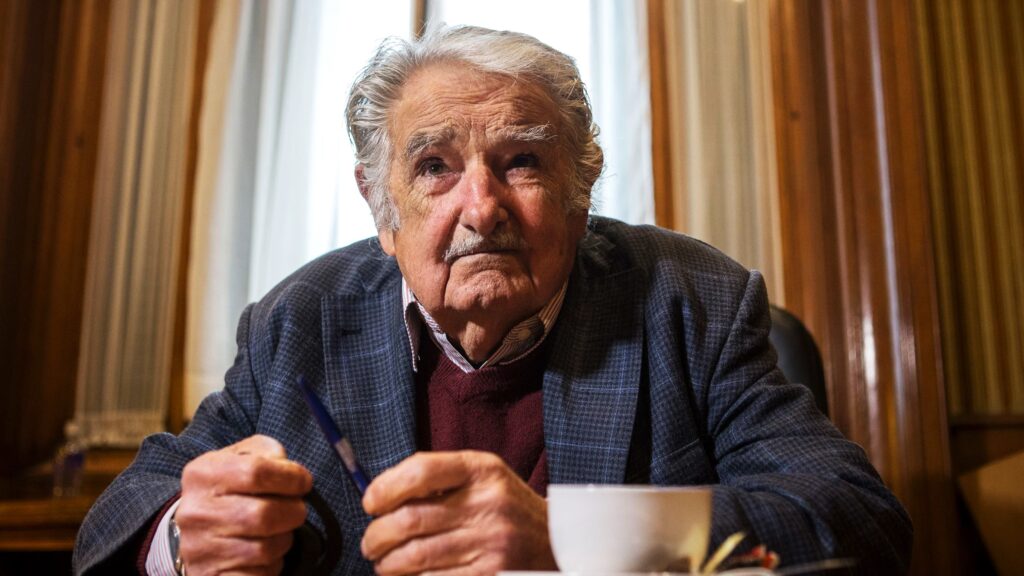
José “Pepe” Mujica, Uruguay’s Beloved Former President and Global Symbol of Humility, Dies at 89
The world bids farewell to José Mujica, the iconic former president of Uruguay, who passed away on Tuesday at the age of 89. A revolutionary turned statesman, Mujica was renowned for his unwavering dedication to justice, equality, and the simple life he chose to live—even as head of state.
“It is with deep sorrow that we share the passing of our comrade, Pepe Mujica,” announced Uruguay’s President Yamandú Orsi in a heartfelt message on X (formerly Twitter).
“President, activist, leader, and guiding light—your absence will be deeply felt, dear old friend. Thank you for your endless love for your people, and for everything you gave us,” said Orsi, who had a close bond with Mujica.
Known as “the world’s humblest president,” Mujica famously rejected the trappings of power, opting to live on his modest rural farm instead of the presidential palace. His down-to-earth lifestyle and authentic leadership earned him admiration far beyond Uruguay’s borders.
Mujica had been courageously fighting cancer for over a year. In 2024, he spoke candidly to the press about his condition, vowing to live life on his own terms.
“I’ll keep fighting alongside my comrades, staying true to my beliefs—and enjoying my garden and chickens,” he said. “In the end, I’m grateful. Life’s been good to me, and no one can take that away.”
José Mujica leaves behind a legacy of integrity, compassion, and service. He will be remembered not only as a leader, but as a symbol of what it means to lead with heart.
A humble leader
“Pepe” Mujica, as he is more widely known, burst into the national scene in the 1960s as a leader of the leftist militant group Tupamaros, which waged an armed insurgency against the government in the 60s and 70s after being inspired by the Cuban Revolution.
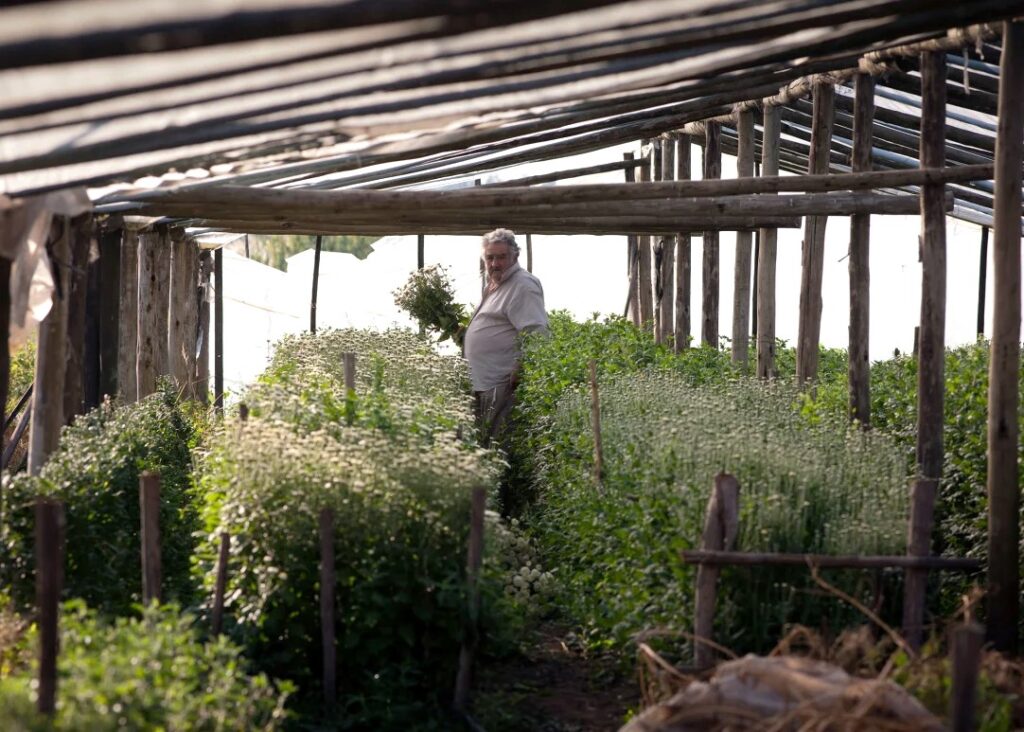
During Uruguay’s brutal military dictatorship, Mujica’s fight for justice came at an immense personal cost. After the uprising was crushed by government forces, he was captured and spent nearly 15 years behind bars—enduring some of the harshest conditions imaginable.
In a haunting reflection shared in 2020, Mujica opened up about the torment he survived: “I was tied with wire, hands bound behind my back, for six months. They’d toss me into a truck and leave me there for days. I went two years without ever being taken to a bathroom—forced to wash myself with nothing but a jar, a cup of water, and a handkerchief.”
Despite the physical and psychological torture, Mujica emerged not with bitterness, but with a deeper resolve to fight for peace, dignity, and humanity.
After enduring nearly 15 years of imprisonment, José Mujica was finally released in 1985 when democracy returned to Uruguay. But rather than retreat from public life, he turned his suffering into purpose. Just four years later, alongside fellow former Tupamaros, he co-founded the Movement of Popular Participation (MPP)—a political force born from the ashes of resistance. Under its banner, Mujica began his journey through the democratic system, winning multiple legislative seats and steadily building a reputation as a voice for the people.
In 2009, Mujica took his boldest step yet—launching a presidential campaign that captured the hearts of millions. Against the odds, the former guerrilla turned statesman triumphed in a runoff election, securing the presidency with over 50% of the vote and marking a historic victory for Uruguay’s left.
Between 2010 and 2015, under Mujica’s leadership, Uruguay experienced steady economic growth and a wave of groundbreaking social reforms. He championed the legalization of abortion and same-sex marriage, and made global headlines by turning Uruguay into the first nation to fully legalize the recreational use of cannabis.
But Mujica’s legacy extended far beyond policy. Widely revered as one of Uruguay’s most humble leaders, he famously rejected the comforts of the presidential palace, choosing instead to live in his modest farmhouse on the outskirts of Montevideo.
In a 2012 interview with CNN, Mujica welcomed cameras onto his rural property, proudly showing how he cultivated the land, grew chrysanthemums and vegetables, and drove his beloved, beat-up Volkswagen Beetle—an enduring symbol of his simple, principled life.
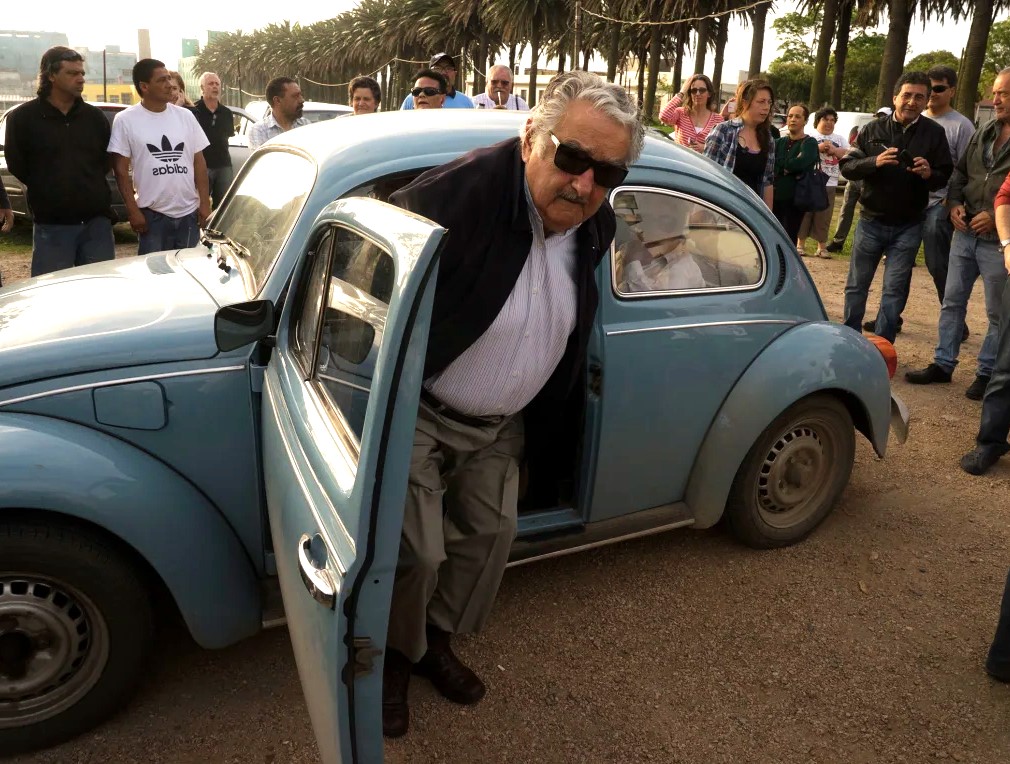
Mujica’s unassuming lifestyle earned him the nickname “the world’s poorest president”—a label he humbly pushed back against.
“I’m not a poor president; poor is someone who needs a lot,” he told CNN in a 2014 interview. “My definition is Seneca’s. I’m a sober president. I live simply, just as I always have—same home, same neighborhood. I live like most of my people. That’s what it means to be a republican president.”
In April 2024, Mujica revealed he had been diagnosed with a cancerous tumor in his esophagus. Though initial treatments brought hope—his doctor announced in August that the tumor appeared to be in remission—radiation left him with kidney complications.
By January, the cancer had spread to his liver. In a deeply personal moment shared with the Uruguayan outlet Búsqueda, Mujica acknowledged his final chapter: “I’m dying,” he said plainly. With characteristic dignity, he declined further treatment and asked for solitude in the final stretch of a life defined by courage, conviction, and quiet grace.
“I’m doomed, brother. This is as far as I go,” Mujica said with disarming honesty—a simple, final farewell from a man who had long made peace with impermanence. As always, he met even death with clarity, courage, and the quiet strength that defined his life.
Latin America in mourning
Leaders across Latin America paid heartfelt tribute to José “Pepe” Mujica, mourning the loss of a statesman who embodied integrity, humility, and unwavering hope.
Alberto Fernández, former president of Argentina, honored Mujica as “a symbol of simplicity in a world obsessed with wealth,” hailing him as “an example of austerity in a society that rewards those who amass fortunes.”
From Bolivia, former President Evo Morales, Mujica’s ideological ally and friend, called him “a brother brimming with wisdom,” adding that Mujica’s life lessons will continue to inspire generations long after his passing.
Chilean President Gabriel Boric joined the chorus of tributes, recalling Mujica’s quiet resolve: “If you left us anything, it was the unquenchable hope that things can be done better — ‘step by step, so as not to go off the rails,’ as you always said.”
